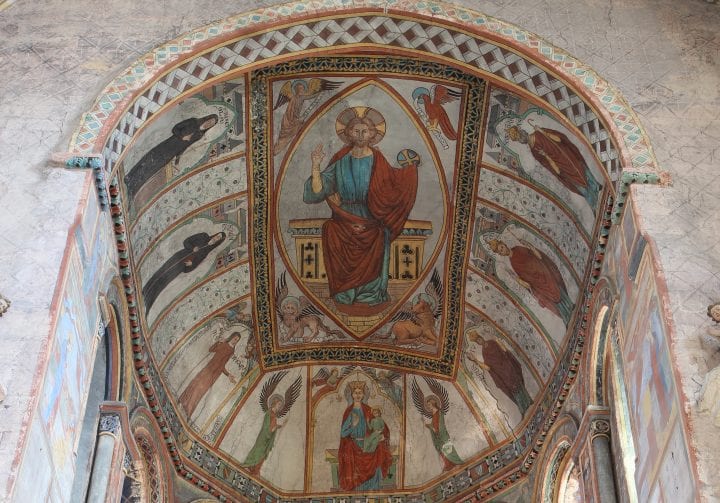CfP: Dies Medievales 2022 (new papers)
Dies Medievales in Turku, 10-12 March 2022
CfP: new papers
Please note! If your paper has already been accepted to Dies Medievales 2021, you are automatically included in the 2022 programme. We will send a separate email to accepted speakers, giving them an opportunity to update their papers or cancel their participation.
Please send your proposal for a presentation or a thematic session by Friday 3 September 2021 to diesmedievales2021@utu.fi
Dies Medievales is an international biennial conference that brings together researchers in the multidisciplinary field of medieval studies. The participants come from different universities in Finland and from different fields, ranging from art history to philology and from archaeology to history. The conference programme consists of keynotes, presentations and panel discussions that address both individual research topics and general trends in the field of medieval studies. The conference languages are Finnish, Swedish, and English. The Valoisa keskiaika [The Light Middle Ages] award given by Glossa will also be announced during the conference.
The 16th Dies Medievales conference will take place in Turku, Finland, 10–12 March 2022. It is organized by the University of Turku and Åbo Akademi University in collaboration with Glossa (the Society for Medieval Studies in Finland) and TUCEMEMS (Turku Centre for Medieval and Early Modern Studies at the University of Turku). Due to the Covid19 pandemic, the conference planned for March 2021 was transferred to March 2022.
The theme of the 2022 conference is Remembering, memory, and knowledge. Medieval individuals and communities were aware of their past and their relationship with it. The past was often perceived as an idealized space that could provide solutions to contemporary problems. The image of the past was constructed by collecting memories in different forms (chronicles, sagas, hagiographies, documents, relics, pilgrim badges, etc.) and by using them to build new narrative, visual, and material traditions. In monasteries, the art of memory was carefully trained, and mnemonic techniques were also employed outside the context of the church. The theme of remembering is present throughout the medieval society.
Our chosen theme is purposefully broad in order to cover a wide range of research topics and fields. We welcome both individual papers and thematic sessions on the theme of Remembering, memory, and knowledge. The papers may discuss, for example:
- Sources: What is the truth value of various types of sources? How have sources (and the information in them) been preserved, why, and by whom? Where have they been stored: private collections or official institutions?
- Medievalism: What is the role of the Middle Ages today, and what are its uses? What constitutes history and what constitutes pseudohistory?
- Transmission of knowledge: How did information travel? Where from/to, why, and by what means? How long did it take for knowledge to spread?
- Texts: What was the role of text production and languages in the transmission of knowledge and in remembering the past?
- What was the relationship between truth and remembering/knowledge?
- Remembering: What was worth (or not worth) remembering? Who decides what is remembered?
- How was new information constructed and how was it connected to previous knowledge?
- How and why did medieval societies reuse various materials for example in book production, material culture, or architecture?
- How was information about the past transmitted using visual means?
- What kinds of material objects (e.g. headstones, religious or lay buildings, family heirlooms) were used to share and reinforce memories?
A selection of the papers related to the conference theme will be published in a peer-reviewed issue of Mirator (Jufo 1).
We also welcome papers that are not directly connected to the conference theme.
